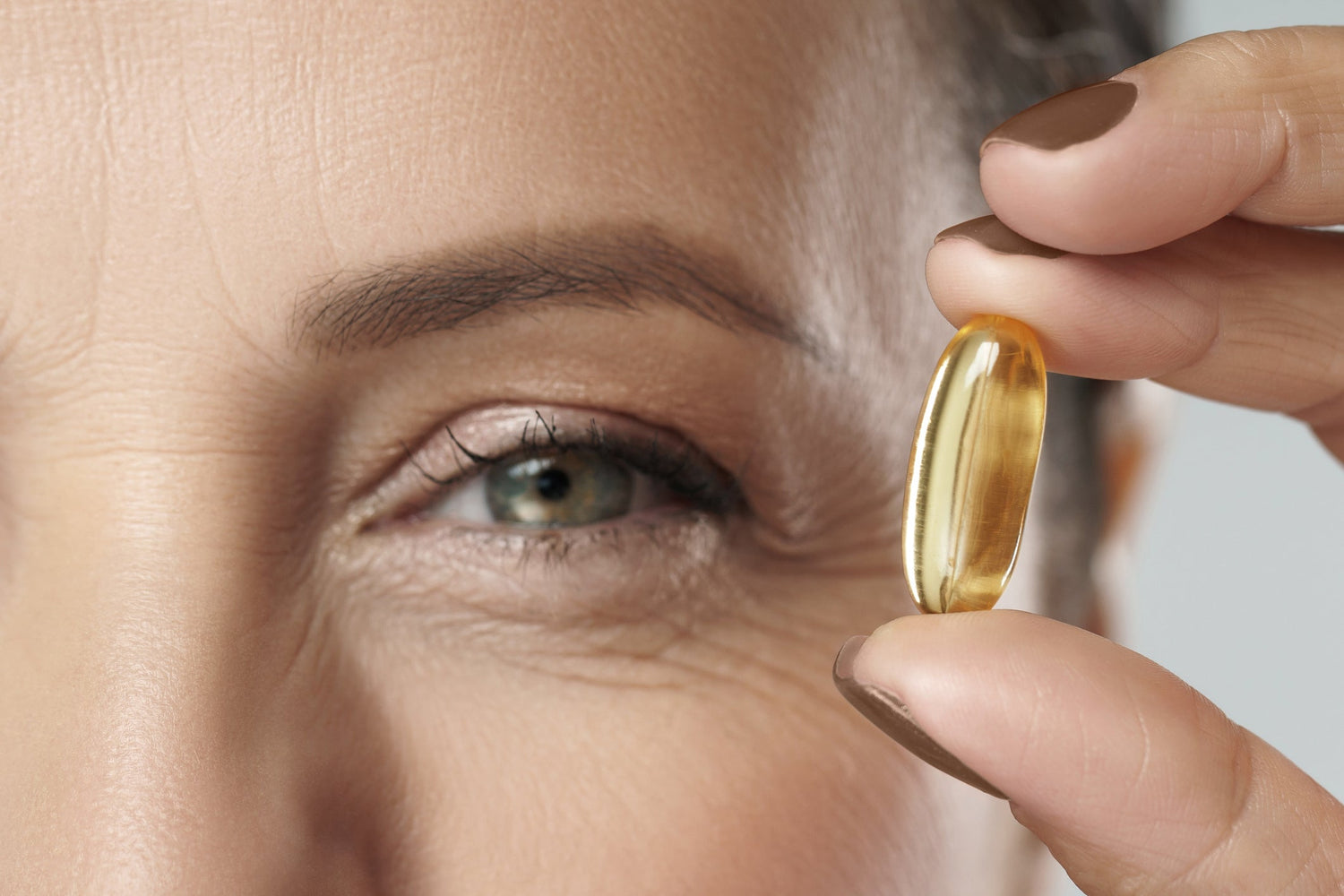
Looking to step up your nutrition by adding omega-3 fatty acids into your diet? Given the many benefits of omega-3 fatty acids, this nutrient is essential to maintain a healthy body.
Unfortunately, it's one substance that our bodies need but can’t produce on their own. However, thanks to rich food sources and natural supplements, humans can now enjoy its many benefits more easily.
But what can we exactly get from omega-3? Read on to learn more about healthy fat's positive effects on the human body!
What Are Omega-3 Fatty Acids?
While for years, many have generally labeled “fat” as something bad for the body, there are several healthy fats that our bodies need to be healthy. One such fat is omega-3. It’s a polyunsaturated fat that helps improve our health, especially our cardiovascular health.
However, this type of healthy fat isn’t naturally produced by our bodies on its own. Most of the omega-3 our bodies have are from diets and supplements. Thanks to science, these sources are now easily accessible.
Triglycerides vs Ethyl Ester
Omega-3 is usually found in fish, where humans can mainly get this fat. However, if you need a supplement for it, you can take fish oil to get the recommended amount of omega-3 fatty acids that your body needs.
Omega-3 supplements are not made equal. There are two forms used in making such supplements, and they are significantly different from each other. These are Triglycerides and Ethyl Ester
Many supplements opt to use Ethyl Ester as it’s the cheaper option. However, cheaper doesn’t always mean it’s better and more sustainable. This type of omega-3 is derived from natural fish oil, but it’s been bonded with ethyl to make a synthetic version.
However, through that process, the omega-3 also becomes unstable, so it’s not resilient against rancidity or oxidation.
Other supplements like Xendurance’s Omega D3 use the triglyceride form of omega-3 fatty acids. This is the natural form of the nutrient derived directly from fish oil. While it can cost more to produce, you get more value because it’s absorbed better by the body and more stable than Ethyl Esters.
Benefits of Omega-3 Fatty Acids
1. Improves Cardiovascular Health
One of the most well-known benefits of omega-3 fatty acids is improving the body’s cardiovascular health. It helps reduce one’s risk of long-term heart disease in several ways.
These include the reduction of bad triglycerides and lowering the blood pressure of those suffering from hypertension. It also increases the levels of “good” HDL cholesterols while helping prevent damage in your arteries.
While taking omega-3 helps with cardiovascular health, there’s no clear evidence yet that it entirely removes the risk of heart attacks or strokes.
2. Helps Improve Eye Health
Did you know that omega-3 also promotes eye health? DHA is a type of omega-3 fatty acid that is a big part of your eye’s retina. If a person doesn’t have enough of this, they’re more prone to suffer vision problems.
Omega-3 has been observed to help reduce the risk of macular degeneration, one of the most common causes of permanent blindness or vision damage.
3. Improves ADHD Symptoms
It has been observed in numerous studies that people with Attention Deficit Hyperactivity Disorder, or ADHD, have lower levels of omega-3 fatty acids in their blood.
With this, several other studies concluded that supplementing the diet with omega-3 helps ease ADHD symptoms. In recent years, omega-3 supplements have shown promise as an effective treatment for ADHD.
4. Helps Improve Brain Health in Pregnancies
Omega-3 has been considered an essential nutrient in the growth and development of a baby’s brain. Getting the recommended omega-3 in the mother’s body has resulted in numerous benefits for the child.
Some benefits include better communication skills, a lower risk of developing behavioral problems, and a decreased risk of getting ADHD, cerebral palsy, or autism.
5. Helps With Asthma Symptoms
Taking omega-3 fatty acids is also known to help with asthma, especially among kids. According to studies, by taking omega-3, kids and young adults lower their risk of suffering from this chronic lung disease.
6. Improves Bone and Joint Health
Omega-3 fatty acids can also help in improving your skeletal system. According to studies, this nutrient boosts the level of calcium found in your bones. This, then, reduces a person’s risk of suffering osteoporosis.
Apart from this, another benefit of omega-3 is that it aids in reducing the pain you might feel in your joints because of arthritis. It also helps increase your grip strength.
7. Maintains Good Skin Health
DHA is one of the components of your skin, and it maintains the health of your skin cell membranes. If your cell membranes are healthy, you’ll be able to tell from how soft, supple, and flawless your skin looks.
Meanwhile, EPA also provides some benefits for your skin. These include skin hydration, sebum management, blocking premature skin aging, and lowering your risk of acne breakouts.
It also helps protect your skin from sun damage by blocking the substances that can eat away your collagen. This effectively slows down any signs of skin aging.
Frequently Asked Questions
If It’s Fat, is Omega-3 Safe to Take?
Yes, it’s one of the “good” fats that can benefit our bodies. However, do remember that too much of a good thing can still be harmful.
How Much Omega-3 Should I Take?
While 5 grams of omega-3 is considered safe, most practitioners recommend no more than 3 grams daily. It’s best to seek your doctor's or nutritionist's advice if you tend to intake more than the said amount.
Healthy Oils From the Sea
For many years, many people have included omega-3-rich foods or supplements in their diet to improve their health. Its benefits are not just an old fisherman’s tail, as numerous studies have observed their effects on humans’ bodies.
With its benefits not just limited to improved cardiovascular health, you should consider omega-3 an essential part of your nutrition and diet. Try supplementing your diet with it and see its benefits for yourself!











Leave a comment
This site is protected by reCAPTCHA and the Google Privacy Policy and Terms of Service apply.